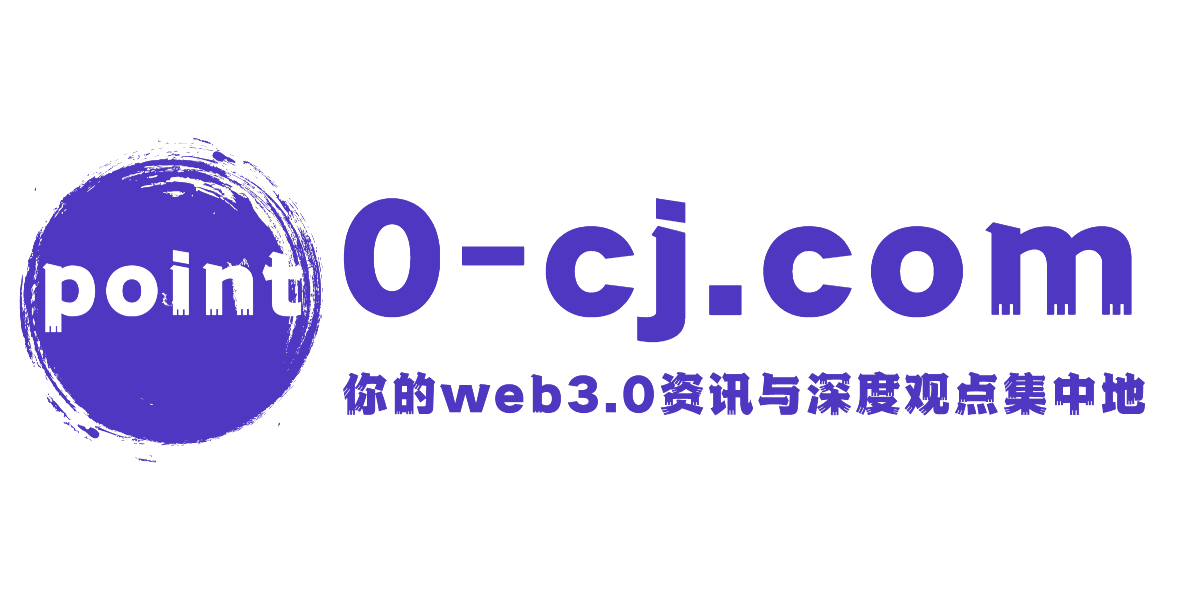零点课堂 | What are the Key Properties of Bitcoin? (3)
Censorship Resistance
No one should have the power to prevent others from interacting with the Bitcoin network. Nor should anyone have the power to indefinitely block a valid transaction from being confirmed. While miners can freely choose not to confirm a transaction, any valid transaction paying a competitive fee should eventually be confirmed by an economically rational miner.
Pseudonymity
No official identification should be required to own or use Bitcoin. This principle strengthens the censorship resistance and fungibility of the system, as it is more difficult to select transactions to consider “tainted” when the system itself does not keep track of users. This principle can also be extended to the realization that the system does not even require its users to be human.
Open Source
Bitcoin client source code should always be open for anyone to read, modify, copy, and share. Bitcoin’s value is built upon the transparency and auditability of the system. The ability to audit any aspect of the system ensures that we need not trust any specific entities to act honestly. Ecosystem participants are incentivized to act honestly because they know they will be penalized for misbehavior. If the code being used to interact with the system can not itself be audited, then any audit functionality enabled by the code becomes worthless.
Open Collaboration
While anyone is welcome to conduct research and development privately, any attempts to make protocol changes, especially non-backwards compatible changes, should occur in the open rather than behind closed doors. Bitcoin belongs to humanity, thus it is important that proposed changes be open to public comment. The Bitcoin Improvement Proposal process is the recommended way to go about suggesting changes, though because no authority can enforce that the process be followed, it’s not a requirement.
The issue of voluntary organization and the power dynamics that result from it can result in the perception that specific people or groups are authorities, but this is an illusion of power.
Permissionless
No arbitrary gatekeepers should be able to prevent anyone from participating on the network (as a transactor, node, miner, etc). This is a result of trust minimization, censorship resistance, and pseudonymity.
Legal Indifference
Bitcoin should be unconcerned with the laws of nation states, just like other Internet protocols. Regulators will have to figure out how to respond to the functionality enabled by Bitcoin-powered technology, not the other way around.
声明:本文由JAMESON LOPP撰写,零点财经收录,观点仅代表作者本人,绝不代表零点财经赞同其观点或证实其描述。

 tao
tao


